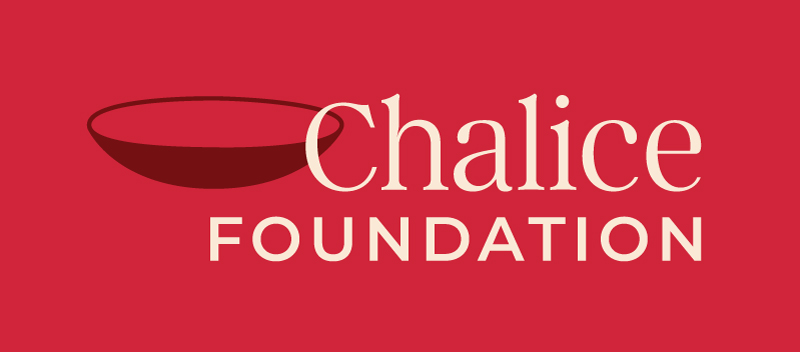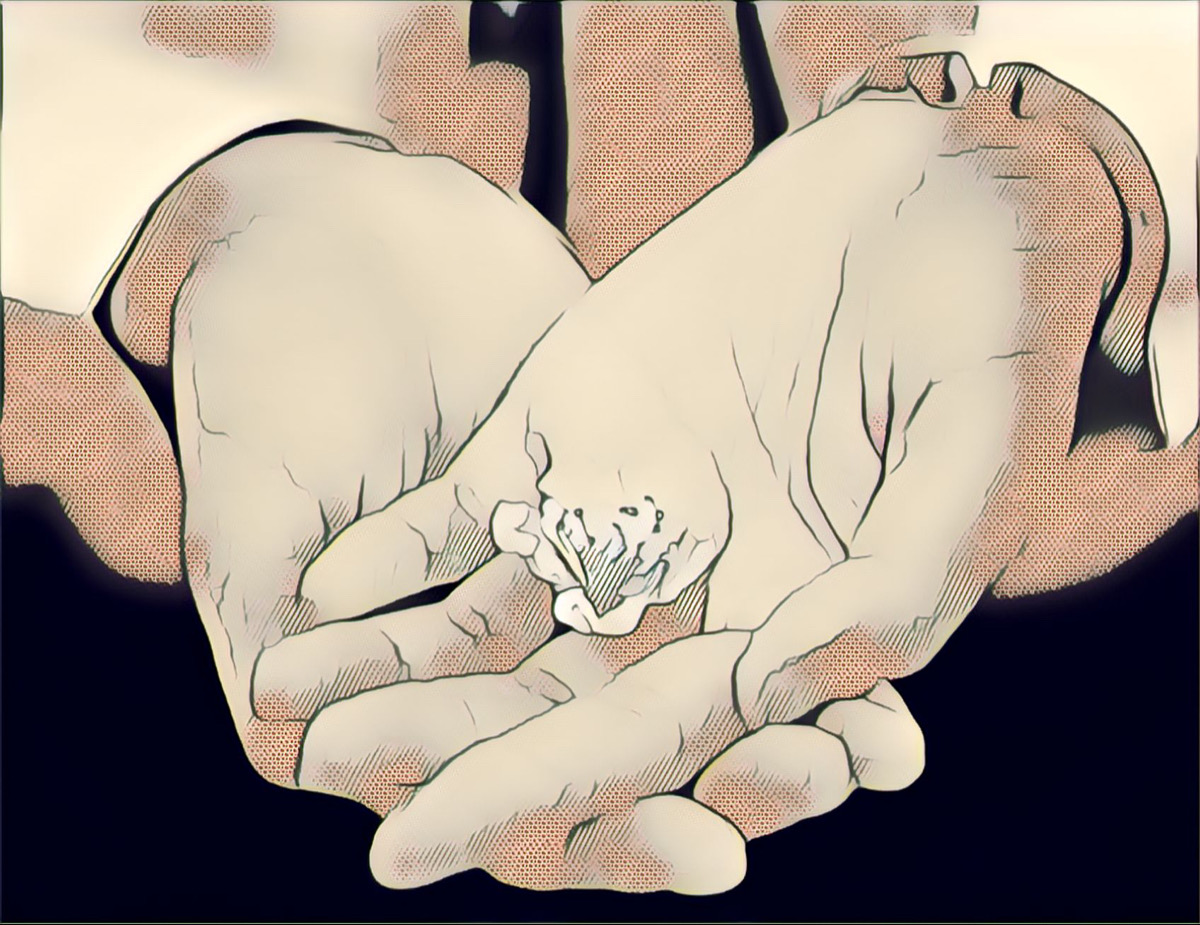For our final blog for 2021, Jane Bennett reflects on the year at Chalice Foundation and Celebration Day for Girls.
When, where and how did you get the idea to establish Chalice Foundation?
I had been teaching and creating resources for menstrual education and fertility awareness for several decades and, over that time, was very pleased to observe a growing awareness and interest in these fields. It was simply time for my sole-trader business to become a not-for-profit social enterprise and extend well beyond what I could do alone to include a dynamic community of creative and skilled educators and supporters.
Under the auspice of the Chalice Foundation we are able to network and collaborate with individuals, organisations and funders who share our purpose across the country and globe.
What kind of projects did you working on this year within Chalice Foundation?
It’s been a busy few years in menstrual education and activism!
This year we have published blogs and interviews for The Leak from a stunning array of writers working in menstrual activism/wellbeing/philanthropy/education and gender equity, including blogs concerning perimenopause and menopause. Even after 18 months we feel we have barely scratched the surface of potential topics – there is so much more to say.
Also over the past year we have trained and supported menstrual educators and workshop facilitators, including through the online Celebration Day for Girls Facilitator Training. We have launched online mother or guardian/daughter workshops, Celebration Circle for Girls.
We have worked with and supported the Global South Coalition for Menstrual Dignity, Victorian Women’s Trust, GoGo Foundation, the SA Commissioner for Children and Young People, Circle In, the Period Summit in South Australia and numerous individuals on publishing, speaking and policy projects.
We very much look forward to further collaboration and menstrual education projects in the year to come.
Can you make a short introduction to “A Celebration Day for Girls”?
Celebration Day for Girls is a program for 10-12 year old girls and their mother or female carer. This workshop is designed to inspire curiosity, wonder and appreciation of the changes of puberty and the onset of menstruation.
With the intention to overturn secrecy and embarrassment Celebration Day for Girls nurtures connection, normalisation and openness through practical and positive information, stories and fun activities. The mother-daughter bond is supported and enhanced by sharing this special day together, establishing open and easy communication as they traverse the years ahead.
Celebration Day for Girls was first offered in 2000 and is now available in over 27 countries.
How important do you think menstrual hygiene and menstrual awareness is to achieve gender equality?
A positive menstrual culture is absolutely critical to achieving gender equity. To achieve full appreciation and knowledge of the cycling (and menopausal) body as equally normal, understood, accommodated and supported, as the non-cycling body, will involve many steps on many levels.
That said we see evidence of growing awareness and momentum in many quarters. It seems every week we hear of initiatives: introducing menstrual workplace policy; provision of menstrual products in schools; and menstrual education and wellbeing projects. Each of these initiatives promotes agency for all women who menstruate, or once did, as well as for all menstruators. Admittedly we are starting from a low point and have far to go, yet each step is an important one toward a positive menstrual culture and a crucial step toward gender equity.
What connections do you see between menstruation and human rights?
In order for women and girls to be able to fully participate in the opportunities available in their society the following rights are essential. The right to:
- positive, accurate and compassionate menstrual education
- affordable or free menstrual materials/products
- the knowledge and means to practice or achieve menstrual wellbeing (by self care and through well-informed health practitioner support)
- the means to manage menstruation privately and safely at school, at work, in the community and at home
- participate fully in religious, civic and community life with no menstrual discrimination.
Menstrual education and normalisation is also essential across society, not just for menstruators, in order for the logic, sensibility and benefits of a positive menstrual culture to be actively supported in all settings.
How can we achieve menstrual equity across the world?
Incrementally! The goal of menstrual equity requires attention and action on all levels until it’s done. Project by project, initiative by initiative, conversation by conversation, harnessing the passion, skills, knowledge and lived experience of activists, educators, researchers, champions and allies until we wonder what is left to do.
When girls are fully supported to begin their cycling years, and able to take for granted the means to care for themselves, the warmth and normality with which they are supported and educated, and are able to approach the changes of their body with curiosity and pride, and live their best life riding the rhythms their hormonal month …
When menstruators, and those experiencing menopause, are able to access the support they need to care for themselves and live well, without shame or anxiety or isolation …
… then we can begin to frame an historic account of how we achieved menstrual equity across the world!
How does the Chalice Foundation work to end period poverty?
The purpose of the Chalice Foundation is to challenge negative cultural norms, provide quality menstrual education for diverse settings and groups, and to support menstrual educators. The Chalice Foundation is not directly involved in provision of menstrual products.
However, through networking, communications and consultation we are proud to support initiatives tackling period poverty, whether defined narrowly as provision of products, or more broadly as addressing multiple social, economic and cultural factors that disadvantage menstruators.
Some of the organisations we regularly collaborate with can be viewed here: https://chalicefoundation.org/about/partners-collaborators/
Thank you to our community for reading and contributing to The Leak, we’ll be taking a break for the rest of December and through January, see you in 2022!


